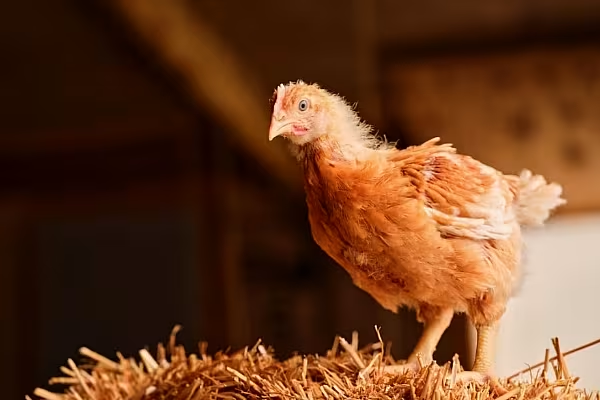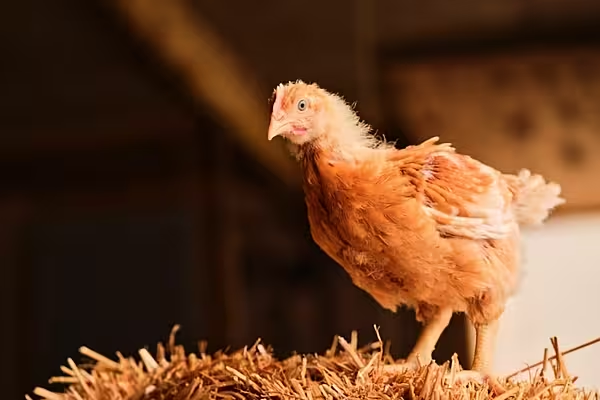The Netherlands is to cull around 201,000 chickens on a farm in the northern city of Emmen after the detection of a highly infectious strain of bird flu, the government has said.
Twelve cases of the highly lethal form of avian flu have been reported in the Netherlands this month, following dozens of cases earlier in the year.
France has also seen a resurgence in cases after experiencing its worst-ever bird flu wave earlier this year.
France's poultry industry, the European Union's second largest, was forced to cull more than 19 million birds between November and May because of avian influenza, as bird flu is formally called.
Bird Flu
The spread of bird flu around the globe has raised concerns among governments and the poultry industry due to its ability to ravage flocks, generate trade restrictions and the risk of human transmission.
The risk to humans is considered low, but past outbreaks among farm birds have needed extensive culling programmes to contain them.
In May of this year, egg producers and industry representatives said egg-laying hens that normally have access to the outdoors can no longer roam as freely or feel the sun on their beaks as some US and European farmers temporarily kept flocks inside during lethal outbreaks of bird flu.
The switch comes as a surprise to shoppers already shelling out more money for eggs due to culling of infected flocks. Consumers pay extra for specialty eggs, thinking they come from hens that can venture out of barns.
News by Reuters, edited by ESM – your source for the latest supply chain news. Click subscribe to sign up to ESM: European Supermarket Magazine.











